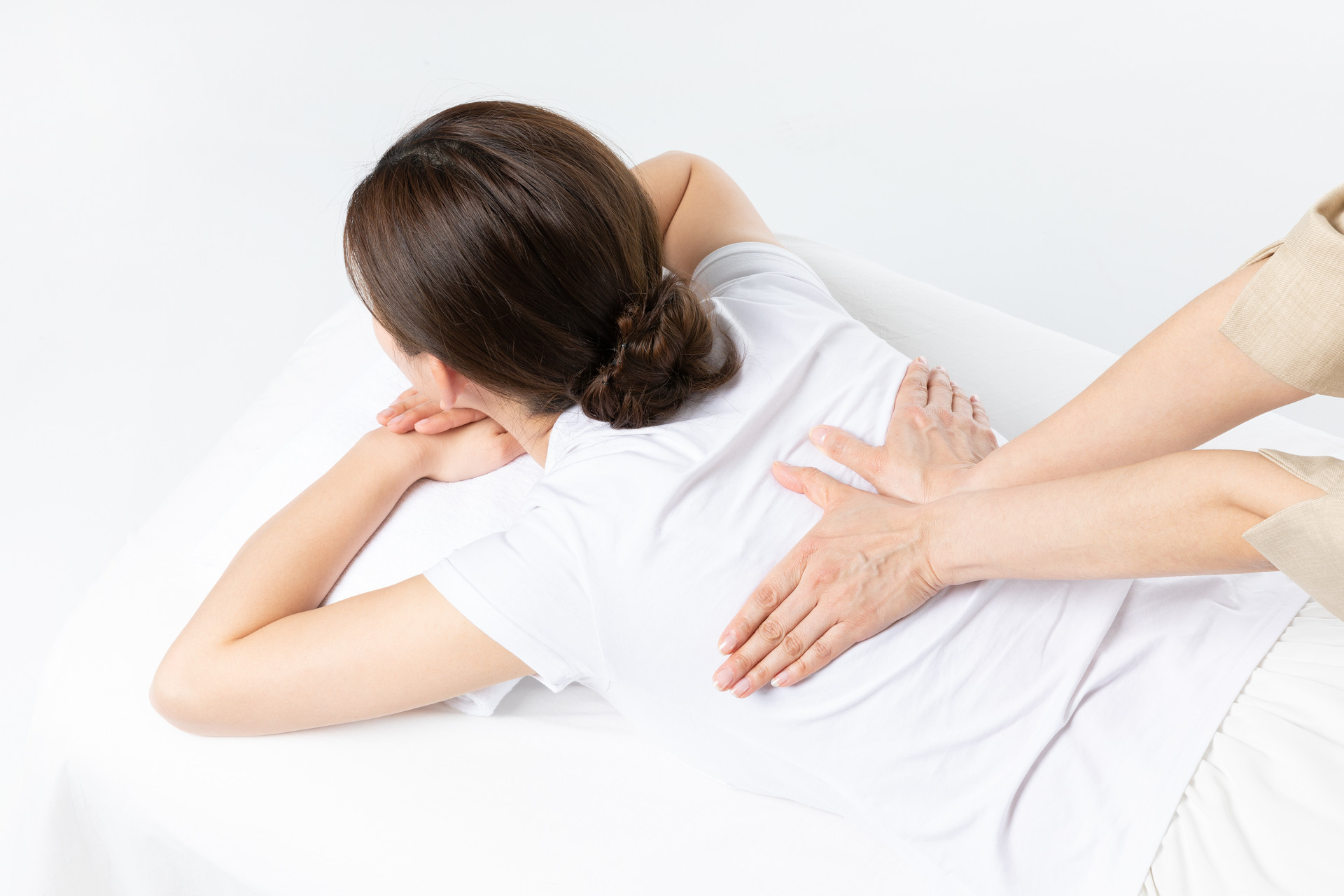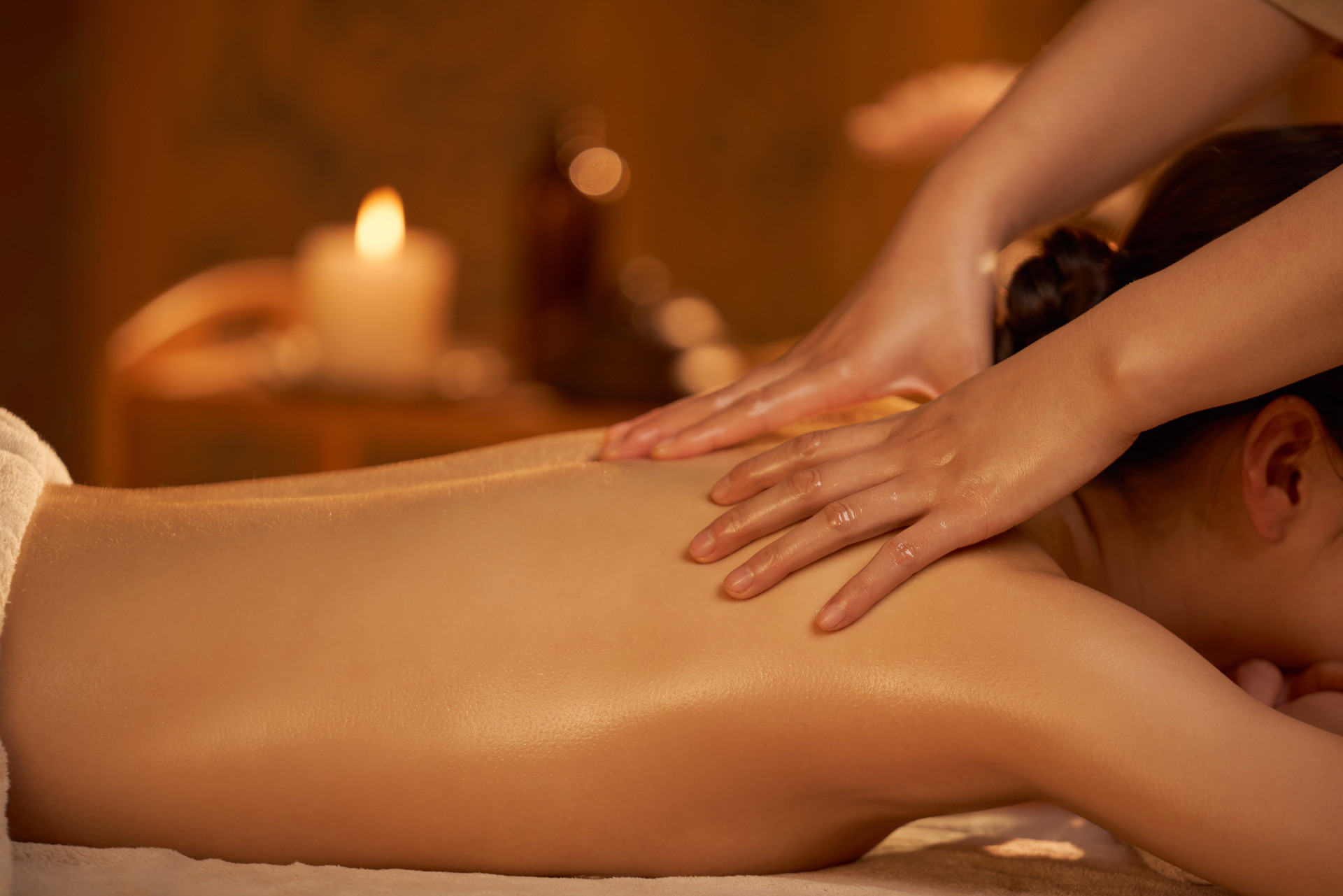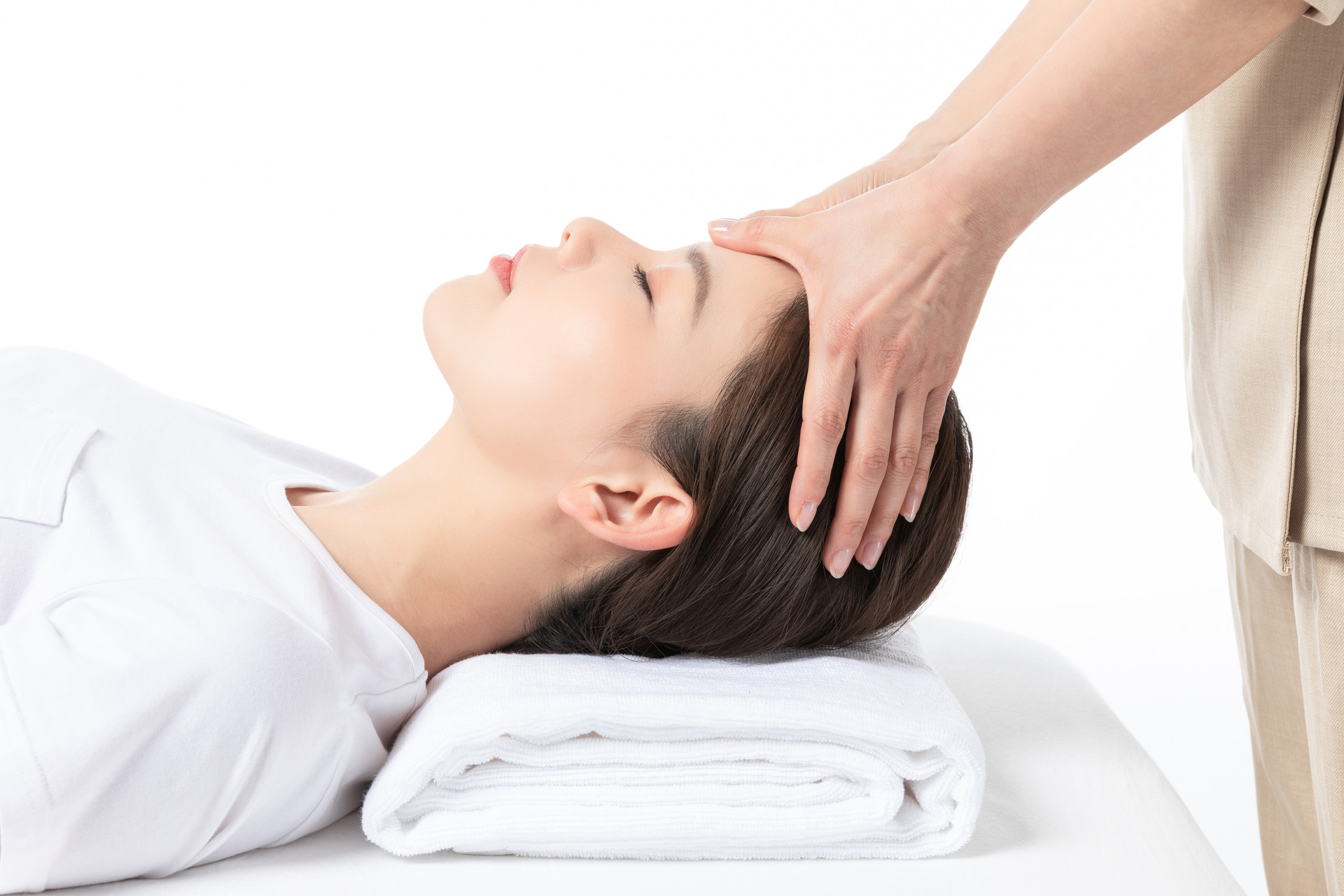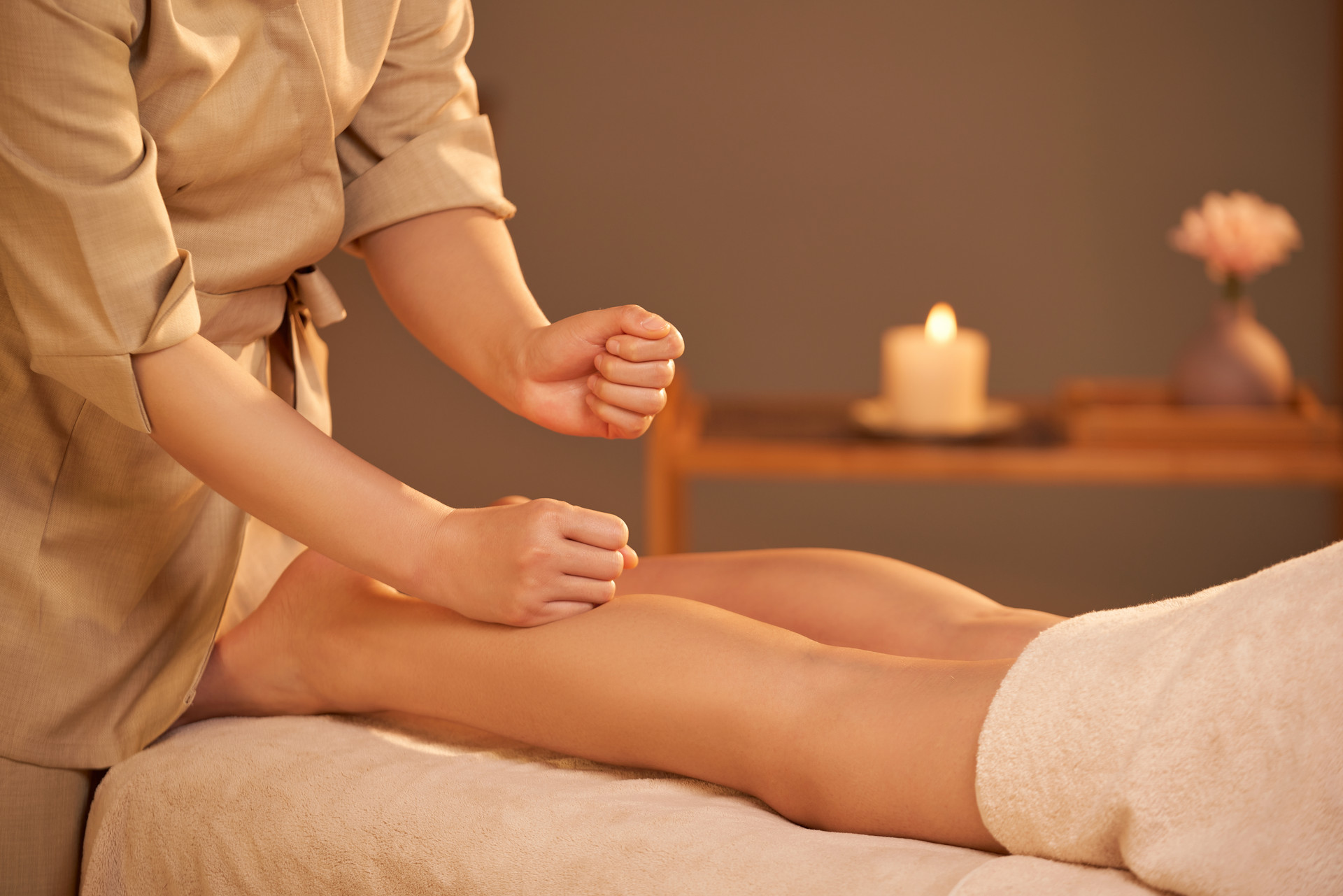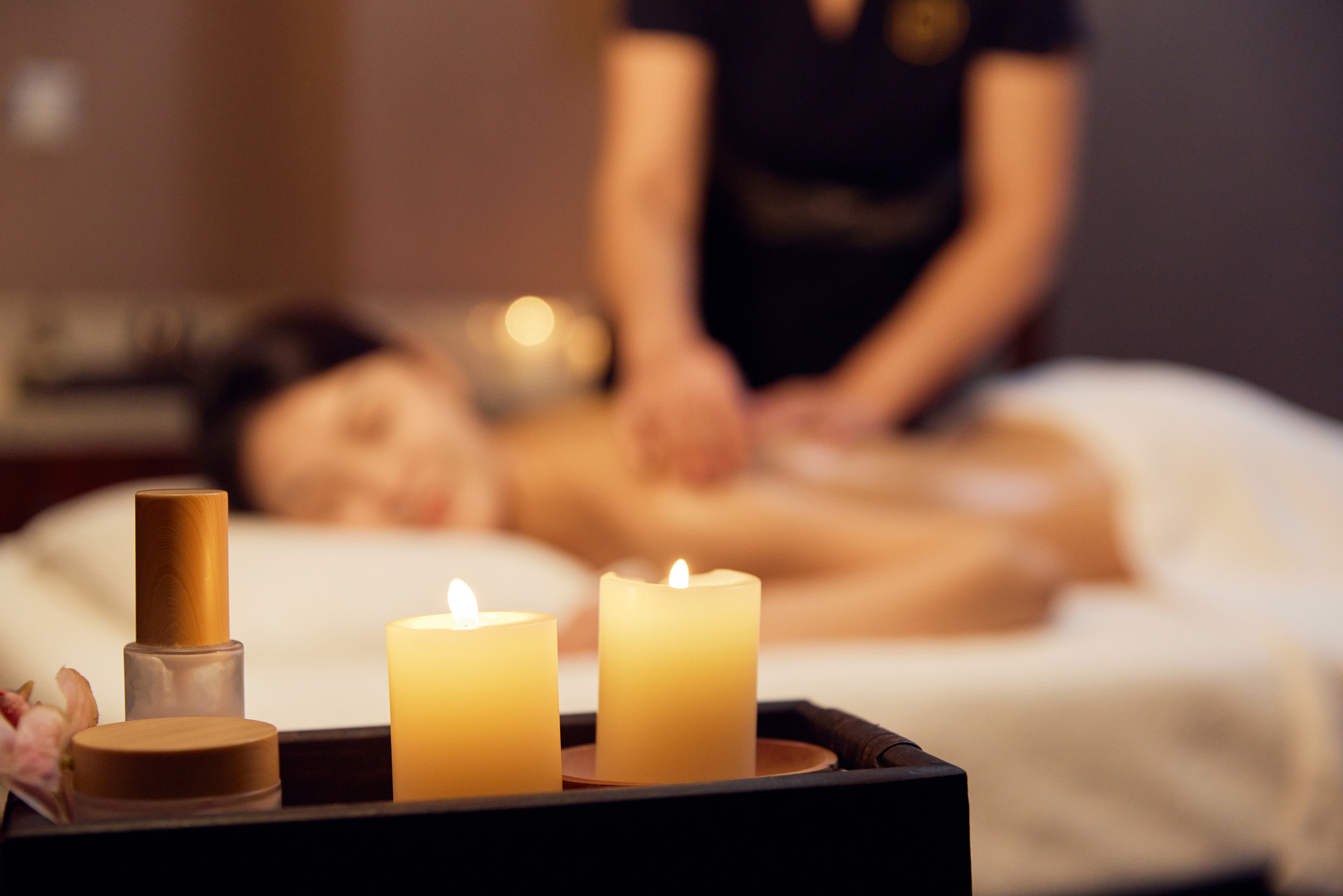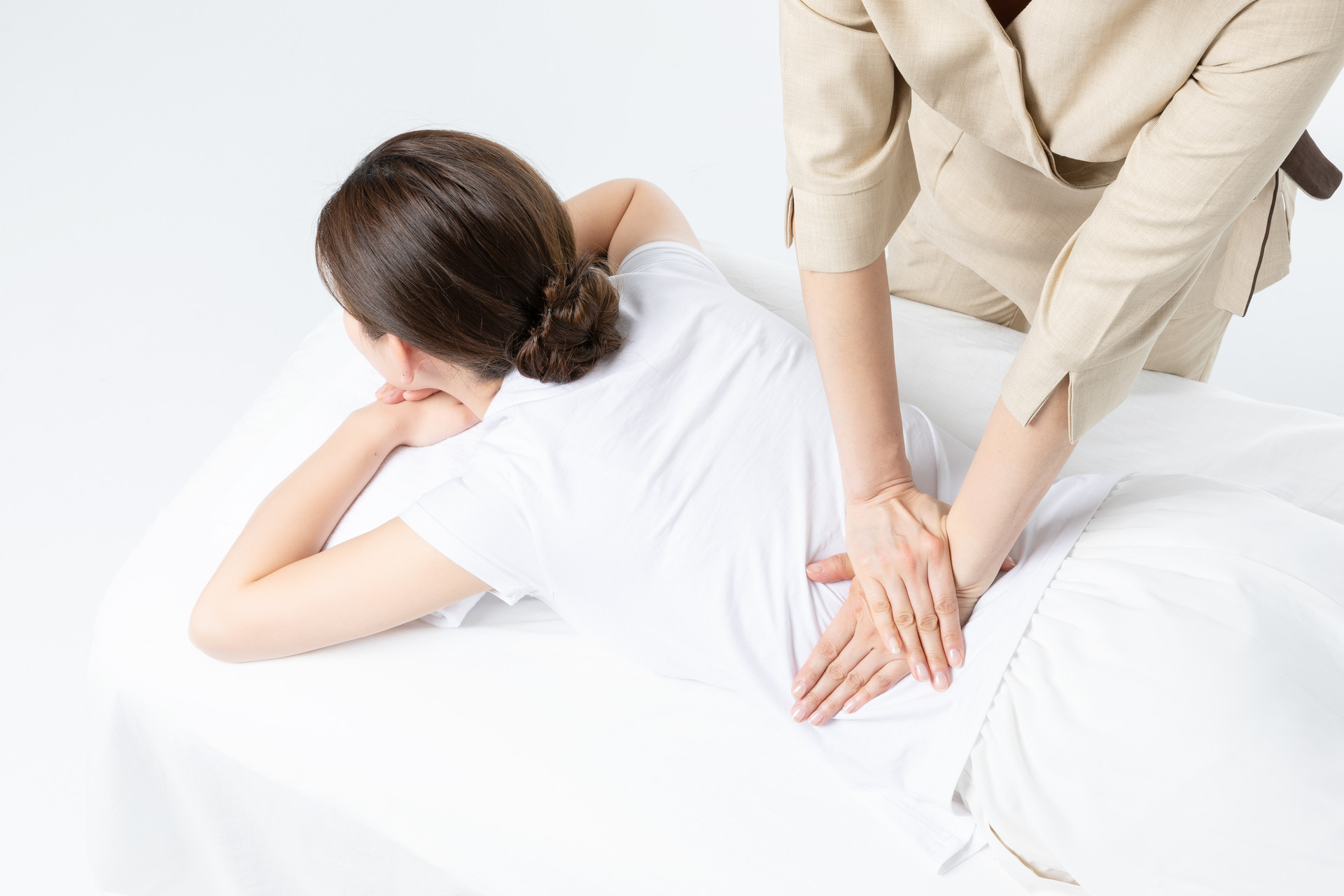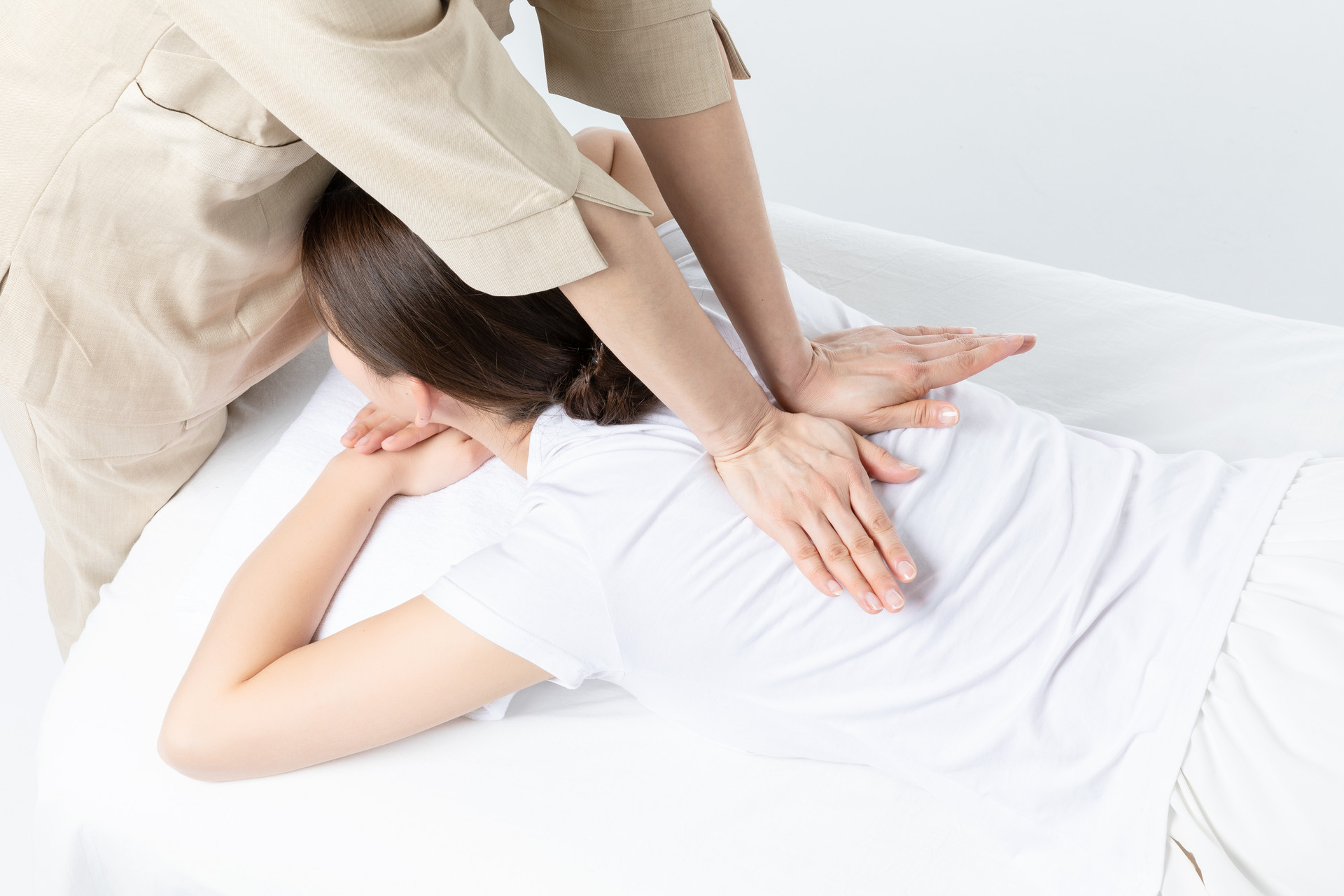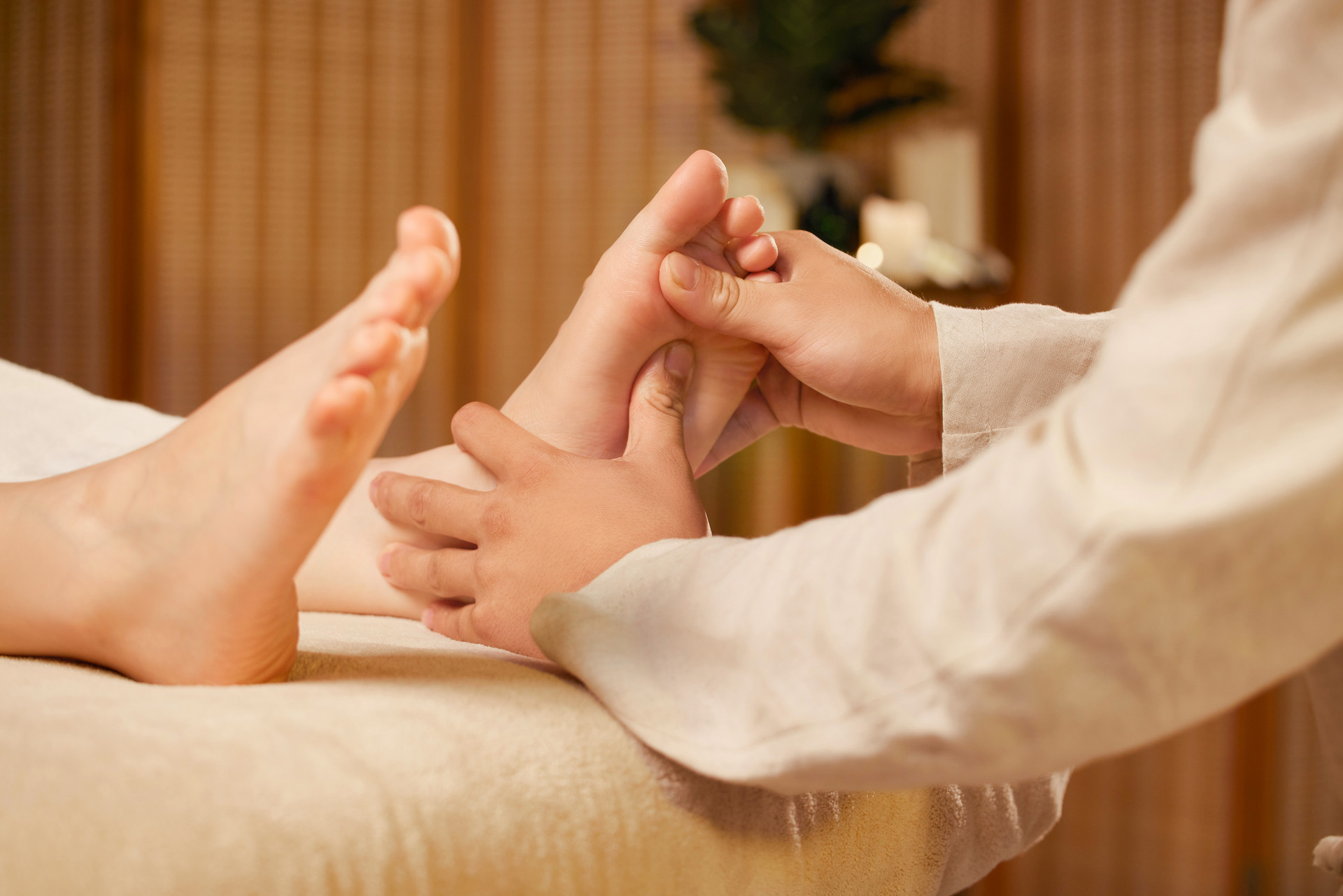Irritation refers to the feeling of restlessness and irritability, and can manifest as restless movements and behaviors. The term is derived from the Book of Changes: "The words of an irritable person are many" (Tang Kongyingda's annotation: "Because of their irritability, their words are many.")
Concept in Traditional Chinese Medicine
Overview
The feeling of restlessness and irritability in the chest is called "irritation," while the restless movements of the hands and feet are called "agitation." Irritation and agitation are often mentioned together, but there are differences in terms of deficiency, excess, cold, and heat.
Irritation and Agitation
When the pathogenic heat of warm diseases enters the interior, high fever, thirst, restlessness in the chest, and restless movements of the hands and feet occur. This is called Yangming excess heat. Because the Yangming meridian governs the four limbs, when there is excess heat, the four limbs become restless. If the restlessness progresses to agitation, it is called "irritation and agitation." If there is only restlessness, thirst, and no restless movements of the hands and feet, it is called "irritation and thirst," indicating excessive heat damaging body fluids. Both belong to excess heat syndromes.
In the later stages of a heat-related disease or after sweating, vomiting, or diarrhea in an external pathogenic disease, if residual heat remains uncleared and there is restlessness and heat in the chest, disturbed sleep, it is called "deficient irritation," which belongs to deficiency heat syndrome.
If there is restlessness with cold body, unconscious movements of the hands and feet, fatigue, exhaustion, dry mouth, weak and thin pulse, it is called "agitated irritation," which is caused by deficiency-cold disturbance and belongs to deficiency-cold syndrome.
According to traditional Chinese medicine, when feeling down and restless, massaging relevant acupoints can help relieve depression and regulate qi.
Traditional Chinese medicine believes that the Taichong acupoint on the foot, combined with the Hegu acupoint on the hand, is a wonderful remedy for improving negative emotions. Therefore, when feeling bad, let's put our hands to work and give ourselves a little massage! Massaging ourselves not only helps us release emotions and negative feelings, but also has the benefits of health and wellness, killing two birds with one stone.
The Hegu acupoint is located on the hand, corresponding to the position of the Taichong acupoint, and they complement each other, bringing calmness and rationality to the person.
The Taichong acupoint is an important acupoint on the liver meridian. It not only regulates liver function and facilitates detoxification, but also calms liver fire and helps people quickly calm down.
The ears are the most sensitive part of the human body, and the acupoints on the ears are also the most densely packed. For people with bad moods or frequent anger, using acupressure on the ear points can remedy the negative effects caused by bad emotions.
Because bad emotions disrupt the body's endocrine system, and the brain is in charge of the endocrine system, it is necessary to first apply acupressure on the endocrine and subcortical acupoints. At the same time, anger harms the liver and impairs its detoxification function, so acupoints on the liver on the ear should be stimulated. Traditional Chinese medicine also suggests that besides massaging acupoints to alleviate low moods and restlessness, other methods such as taking a walk outdoors and listening to light music can also help relieve negative emotions.
Other Adjustment Methods
"Restlessness" and "depression" are often mentioned by modern urban people. The bustling society makes our emotions restless. Work pressure, emotional distress, and life stress are everywhere. Many people often feel restless for no reason in their work, study, and life. Even a small stimulus can make our emotions unstable, and we always want to vent our negative emotions but find ourselves unable to. So, what should we do when we feel mentally restless?
1. Shift Focus
The appearance of negative emotions is due to the existence of real stimuli, which leads to restlessness, mental fatigue, lack of focus, and decreased memory. When negative emotions arise, do not dwell on the stimulating events but shift your focus elsewhere. When you no longer pay attention to the stimuli, your emotions will gradually relax and adjust.
2. Express Psychological Distress
Everyone has emotions, and emotions fluctuate. However, if negative emotions persist, it is necessary to try to adjust. When unable to overcome negative emotions, it is helpful to seek psychological support, such as finding someone to talk to about your psychological distress and venting your negative emotions. This can help regulate your emotions.
3. Positive Self-Suggestion
Positive self-suggestion is very effective in self-adjusting negative emotions. Positive self-suggestion can quickly improve our mood. As people often say, "The spirit of Ah Q triumphs," which, from a psychological perspective, is a form of positive self-suggestion.


